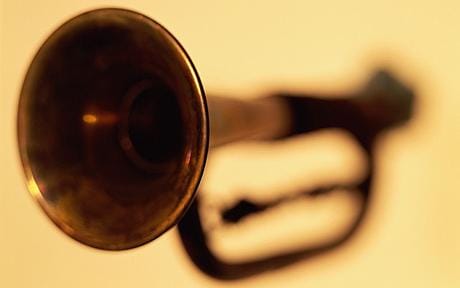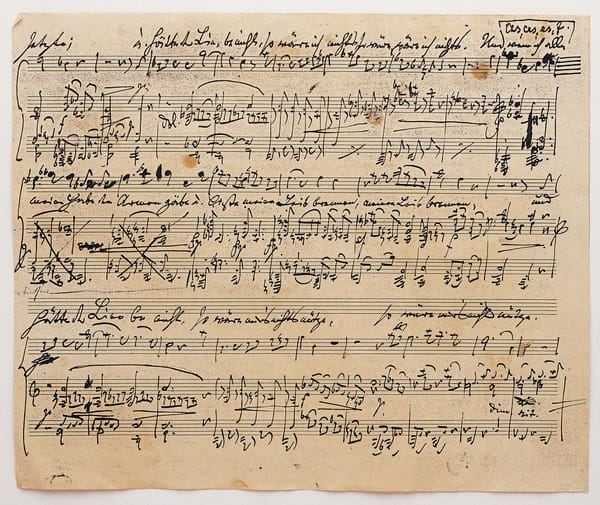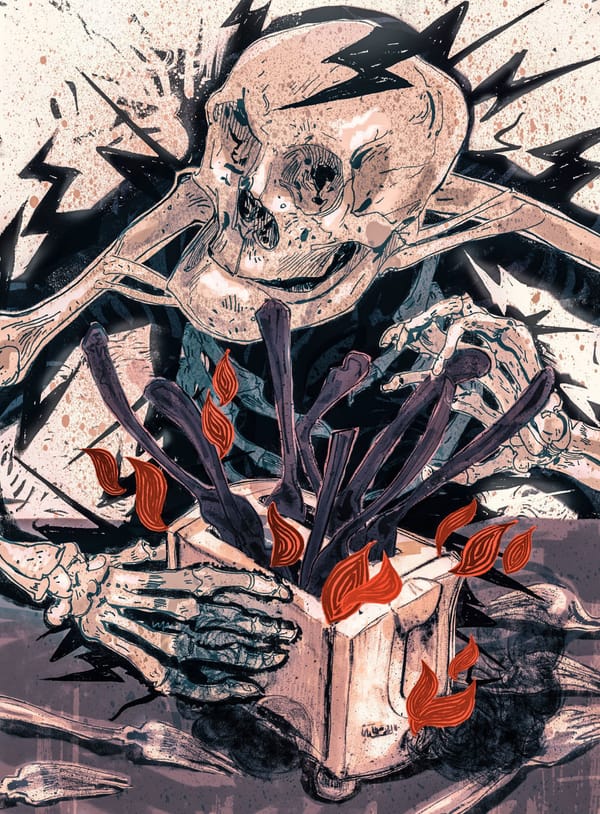During the American Civil War, a Union soldier had pushed into enemy lines and discovered the wounded body of his very own son, decked in Confederate Greys. The soldier hastily carried his son back into a Union camp, in an effort to save the boy. Alas, his efforts were in vain and his son succumbed to his injuries. The father found in his son’s jacket pocket the hastily scrawled lines of a bugle call. This mournful call encapsulated in sound the sorrow of a father for his child, torn away by the violence of war.
The story you just read isn’t true…
But it sure is compelling and heart-wrenching, isn’t it?
It was first told in the spring of 1927, during the 13th and final episode of Ripley’s Believe it or Not! live TV series, hosted by Robert L. Ripley, himself. Mr. Ripley suffered a life-ending heart attack days later and the show was cancelled. The story, however, entered American folklore as the origin of perhaps the most famous bugle call of them all:
Taps.
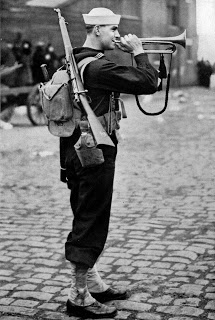 |
| naval militia bugler |
During countless military funerals, Remembrance Day ceremonies, and, famously, during
the funeral of JFK (a few days after his assassination on Nov 22, 1963), the 24 notes of Taps is played by a lone bugler, eliciting tears from the even the most stalwart of fighters.
While it is lovely to think of this mournful song coming from the sorrow of a father, in fact, it was a general and his bugler who wrote it during that same Civil War.
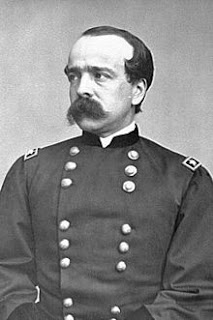 |
| General Daniel Butterfield |
General Daniel Butterfield loved bugle calls and made good use of them in his operations during the war. They were very useful for directing troops during the heat of battle, cutting through the noise with that classic, brassy tone. However, each regiment used the same bugle calls for the same signals, so there was often some confusion in the troops as to whether or not a particular call was for them or for another nearby regiment. Thus, General Butterfield sought out and composed a variety of new bugle calls strictly for use within his regiment.
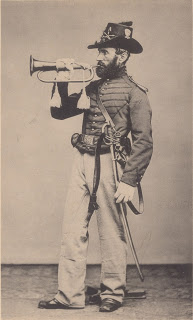 |
| Civil War era Cavalry Bugler |
Each different call issued a different order or signaled a different part of the day. For example, in the British/Commonwealth forces, The Last Post is traditionally sounded at the close of the day’s actions, signalling that troops may take their rest. It is also commonly played during funerals. At the time of General Butterfield, the bugle call which signaled lights out was what is today called
Tattoo, a surprisingly rousing call which the good General decided was not the right style. He wanted the call to send a message of thanks and peace to his troops as they laid their heads to rest after a long day of good service to him.
So, in July, 1869, he found an old, out-of-service bugle call, reworked the last five measures and put his new tune into service (with the help of his bugler, Norton, of course). The morning after the first public calling of this tune, buglers from all around approached Norton, wondering where he found that call. Before long, the tune was being played across the majority of the Union army to sound the end of the day, lights out, time for bed.
Before long, the troops began referring to Butterfield’s new tune as ‘Taps’. It was regular practice in the military that, should there be no bugler on-hand, a drummer would take his place in sounding the daily schedule on his drum. To signal lights out, a simple triple tap of the snare drum was all that was required. So, ‘taps’ was the short-form for ‘drum taps’ which the soldiers knew signaled bed time.
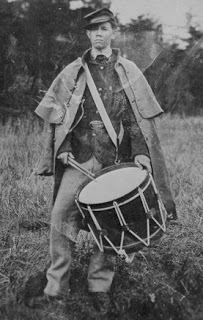 |
| Civil War era drummer |
There are some other versions of the history of the name. The old ‘taptoe’ (which is also where the term ‘Tattoo’ comes from, in this context) was sounded in the Dutch military to signal all soldiers to return to their camps. Plus, as legend has it, it was a signal to bartenders that the soldiers needed to leave and should no longer be served — so they should turn off their taps.
Regardless of origin, Taps has become the classically recognizable call for the final curtain dropping on a veteran’s military service — brings a tear to your eye, every time.
So far on Taps
